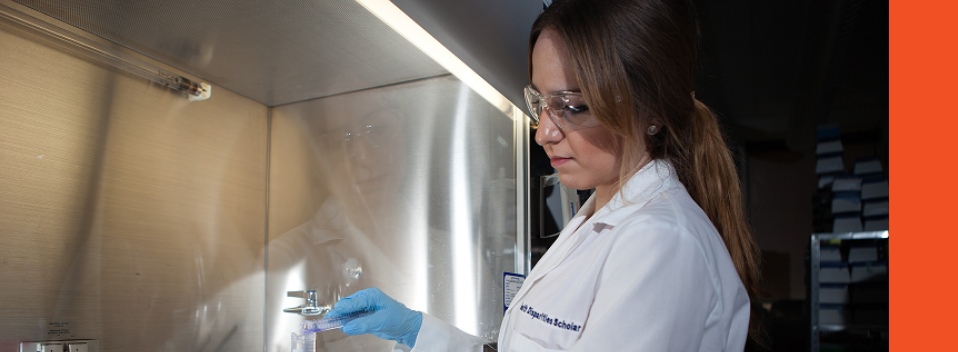
Health & Biomedical Sciences Faculty Publications
Comparing DNA Extraction Methods for Analysis of Botanical Materials Found in Anti-Diabetic Supplements
Document Type
Article
Publication Date
3-2013
Abstract
A comparative performance evaluation of DNA extraction methods from anti-diabetic botanical supplements using various commercial kits was conducted, to determine which produces the best quality DNA suitable for PCR amplification, sequencing and species identification. All plant materials involved were of suboptimal quality showing various levels of degradation and therefore representing real conditions for testing herbal supplements. Eight different DNA extraction methods were used to isolate genomic DNA from 13 medicinal plant products. Two methods for evaluation, DNA concentration measurements that included absorbance ratios as well as PCR amplifiability, were used to determine quantity and quality of extracted DNA. We found that neither DNA concentrations nor commonly used UV absorbance ratio measurements at A 260/A 280 between 1.7 and 1.9 are suitable for globally predicting PCR success in these plant samples, and that PCR amplifiablity itself was the best indicator of extracted product quality. However, our results suggest that A 260/A 280 ratios below about 1.3 and above 2.3 indicated a DNA quality too poor to amplify. Therefore, A 260/A 280 measurements are not useful to identify samples that likely will amplify but can be used to exclude samples that likely will not amplify reducing the cost for unnecessarily subjecting samples to PCR. The two Nucleospin® plant II kit extraction methods produced the most pure and amplifiable genomic DNA extracts. Our results suggest that there are clear, discernable differences between extraction methods for low quality plant samples in terms of producing contamination-free, high-quality genomic DNA to be used for further analysis.
Recommended Citation
Llongueras, J. P., Nair, S., Salas-Leiva, D., & Schwarzbach, A. E. (2013). Comparing DNA extraction methods for analysis of botanical materials found in anti-diabetic supplements. Molecular biotechnology, 53, 249-256. https://doi.org/10.1007/s12033-012-9520-0
Publication Title
Molecular Biotechnology
DOI
10.1007/s12033-012-9520-0


Comments
Reprints and permissions
https://rdcu.be/dNsBC